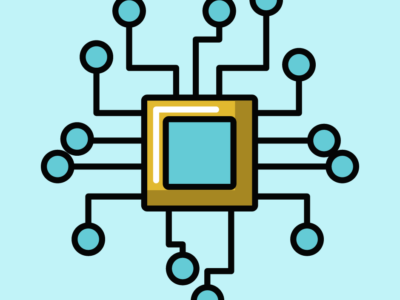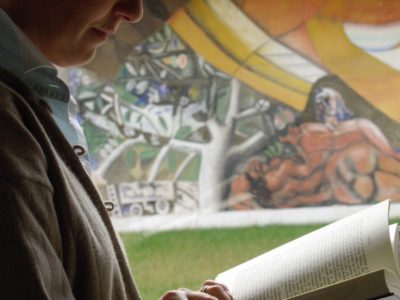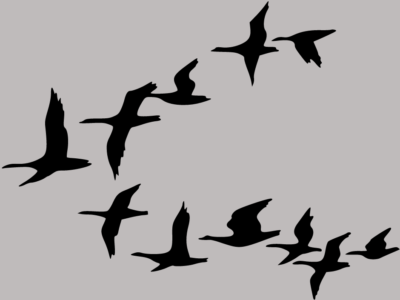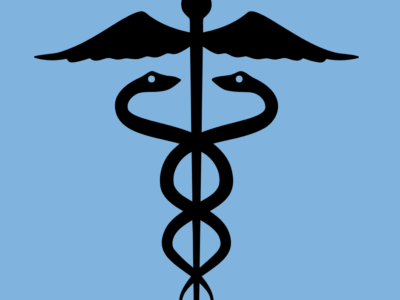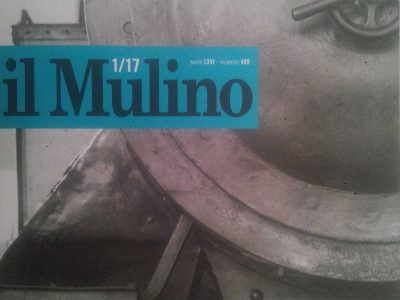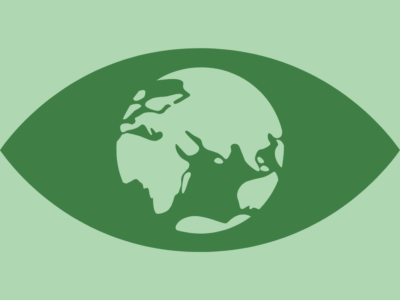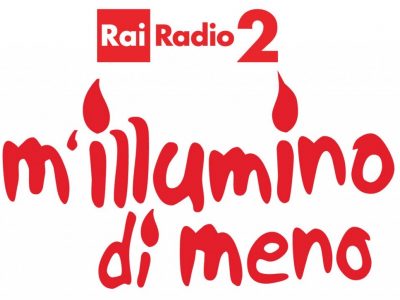Events archive
-
A series of three seminars organized by the Italian-German Historical Institute (FBK-ISIG) and by the Digital Humanities Research Unit (FBK-CIT). With the patronage of Associazione per l’Informatica Umanistica e la Cultura Digitale.
-
This study uses a spatial regression discontinuity design to identify the effects of the misalignment between social and biological time resulting from the conflict between social constructs such as time zones and work schedules and the timing of natural light, which affects our physiological processes.
-
The Italian-German Historical Institute invites you to the presentation of the book "Lasciatele vivere. Voci sulla violenza contro le donne" by Valeria Babini (Pendragon publishers, Bologna 2017).
-
Within the action week against racism “L’arte di Migrare”, FBK-ISR organizes a interactive made by texts, images, video whose aim is to fight against prejudices, stereotypes towards new and old immigrated people and refugees among the events of the week Seminars, Films, Workshops with students an a performance of “ Women united against Islamophobia”
-
The human brain, with its wealth of knowledge and experience, by constantly interacting with the physical and social environment, drives behavior, individual and collective choices, creates increasingly sophisticated means of communication and interaction, which provide direction to lines of development, political , economic and industrial choices.
-
The seminar is about two staples of St. Paul’s Epistle to the Galatians: that of identity and its relativization and non-symmetrical overcoming («in Christ there is neither Jew nor Greek »), and the problem of authority. What does it mean that Paul goes to Jerusalem to meet the three “pillars”: James (not one of the Twelve), Cephas and John to expound the gospel in order not to run in vain? In both cases, contemporary implications of the text will also be discussed.
-
On the occasion of the release of the 1/2017 issue of the il Mulino Magazine
-
L’Istituto veronese per la storia della Resistenza e dell’età contemporanea, l’Associazione nazionale partigiani d’Italia (ANPI), l’Associazione nazionale perseguitati politici italiani antifascisti (ANPPIA) organizzano un incontro in cui verrà presentato il libro pubblicato nel 2016 dagli Editori Laterza. Presenta il volume Andrea Martini, IVrR, introduce Federico Melotto, Direttore IVrR. Sarà presente l’autrice Cecilia Nubola.
-
On the occasion of "Greenweek - Festival of the Green Economy", Luigi Crema, with the ARES Team participates in the panel entitled "Alternative fuels in the mobility of the near future", organized by Fondazione Bruno Kessler. Introduction by Luigi Crema, scientific coordinator for Scenario Mobilità Idrogeno Italia, Fondazione Bruno Kessler | Speakers Marco Barale, Customer Director Trenitalia Alstom Transport | Alberto Dossi, President of Mobilità Idrogeno Italia and president of the SAPIO Group | Walter Huber, IIT-Istituto Innovazioni Tecnologiche Bolzano | Stefano Modena, sales & service manager with SOLIDpower | Angel Moreno, president H2IT | Moderated by Roberto Francia, managing director of Five International
-
M'illumino di meno | I use less light is a symbolic initiative aimed at raising awareness on energy saving launched in 2005 by the Cayerpillar show broadcast by Rai Radio 2.
-
Nata come riflessione sui problemi aperti dall'evoluzione delle pratiche, delle convinzioni e delle scienze in campo biomedico, la bioetica ha richiamato sin dal principio l'attenzione di credenti, non credenti, atei, agnostici e scettici preoccupati di salvaguardare le rispettive convinzioni etiche in materia e di orientare i processi sociali e giuridici. I rapporti tra le varie prospettive sono fluidi e complessi. Scopo del convegno è promuovere un confronto interdisciplinare tra filosofi e giuristi nella convinzione che il dialogo fra diversi saperi e discipline possa contribuire a una migliore comprensione dei rapporti tra bioetica, diritto e religione nelle società secolarizzate.
-
The need for more comprehensive and integrated data on individual well-being is widely recognised. In order to identify better measures of economic performance in a complex economy and thus going beyond GDP, Stiglitz, Sen and Fitoussi (2009) recommend to consider income, consumption and wealth and to give more prominence to their joint distribution.
